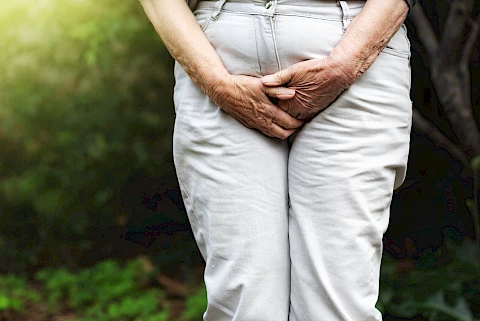
Incontinence is a topic that often goes undiscussed, especially among seniors, but it's a common condition that many experience. If you find yourself dealing with this issue, remember you're not alone, and there's no need to be embarrassed. Help and strategies are available to manage incontinence so you can continue enjoying life with minimal disruption. Senior Helpers Metairie will review how seniors can approach this issue.
What is Incontinence?
Incontinence refers to the involuntary loss of urine or bowel control. It comes in several types, with stress incontinence and urge incontinence being the most common among seniors. Stress incontinence can occur during activities like sneezing or lifting, while urge incontinence is characterized by a sudden, intense urge to urinate. Factors such as weakened pelvic muscles, certain medications, or illnesses can cause incontinence. Recognizing symptoms early is important for managing the condition effectively.
Consulting a Doctor
While incontinence may be a difficult topic to discuss, discussing it with a healthcare provider can lead to effective solutions. During a consultation, your doctor may inquire about your symptoms, medical history, and lifestyle. This helps identify the type of incontinence and its causes. Potential treatments could include medication, physical therapy, or even surgical options, depending on the severity and nature of the condition.
Lifestyle Changes to Manage Incontinence
Certain lifestyle changes can help manage incontinence. Consider these practical tips:
- Diet: Avoid caffeine, alcohol, and spicy foods, as they can irritate the bladder. Incorporating fiber into your diet can also prevent constipation, which can contribute to incontinence.
- Exercise: Pelvic floor exercises, often called Kegels, strengthen the muscles involved in urination. Regular practice can improve bladder control.
- Hydration: While it might seem counterintuitive, staying hydrated is important. However, timing your fluid intake, such as reducing liquids before bedtime, can minimize nighttime incidents.
Several products can help manage incontinence discreetly. Protective garments include pads and adult diapers that provide security and comfort. Incontinence-friendly clothing, such as pants with easy-to-remove fasteners, can make changing easier. Consider a small, discreet bag to carry spare supplies when going out. This permits worry-free trips outside the home.
Maintaining Social Life and Routines
Incontinence doesn't have to interfere with your social life. Plan outings around bathroom locations and bring necessary supplies just in case. Continue participating in social activities, as engaging with friends and family is important for emotional well-being. If traveling, choose seats near restrooms and pack a travel-sized kit of incontinence products.
Dealing with incontinence can take an emotional toll. Address the psychological aspect of the condition. Support groups can provide a space to share experiences and learn from others. Counseling may also help in managing feelings of embarrassment or frustration. Don't hesitate to talk openly with family and friends. They can offer support and understanding.
Contact Senior Helpers for Help Managing Incontinence
Addressing incontinence proactively helps maintain a good quality of life. Remember, you are not alone, and support is readily available.
For personalized assistance and senior support in Metairie, Kenner, New Orleans, and Westwego, contact us at Senior Helpers Metairie. With the right approach and resources, you can manage incontinence effectively and confidently.